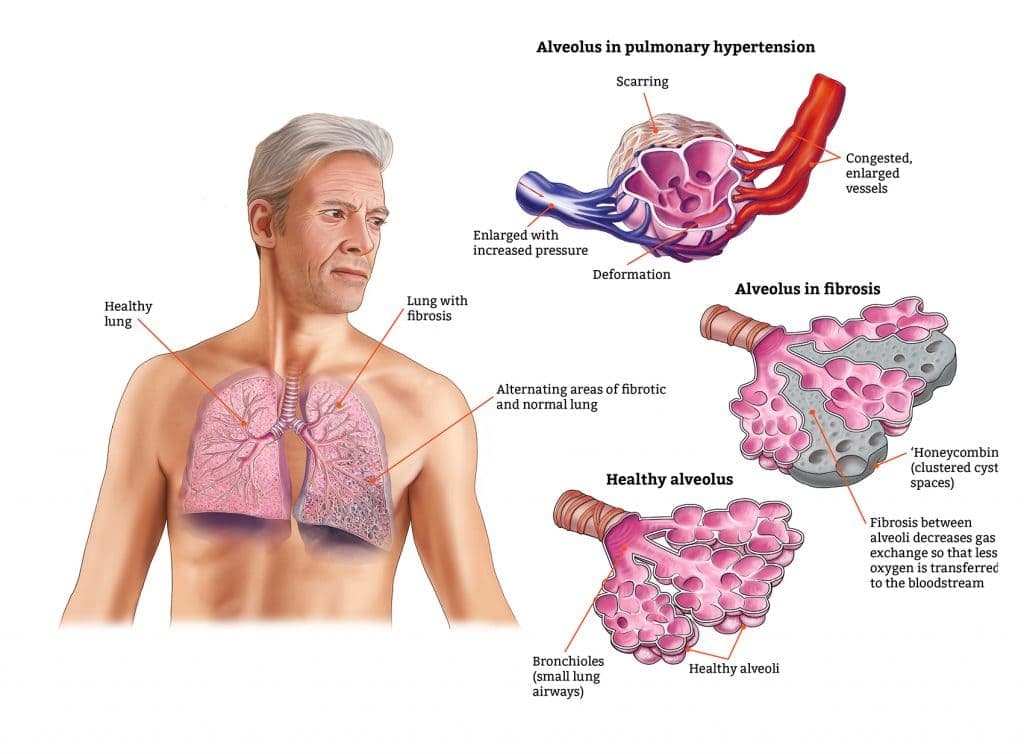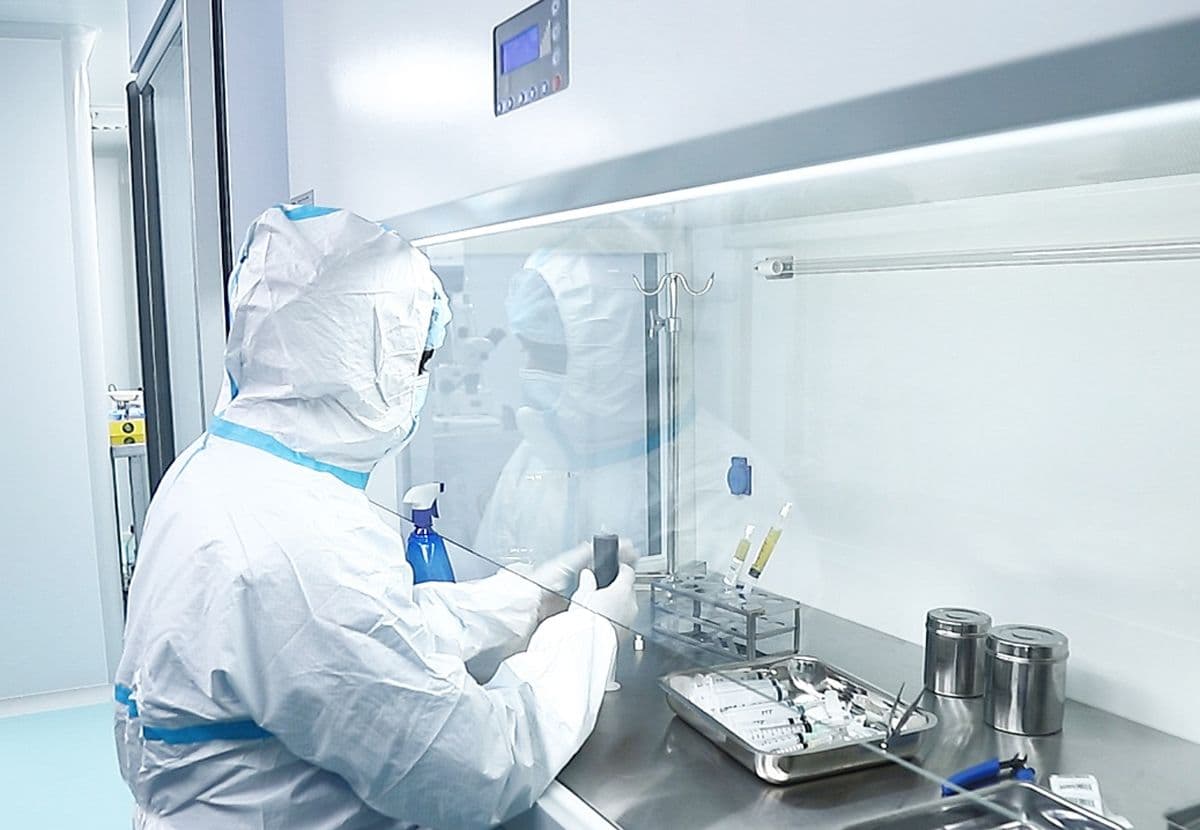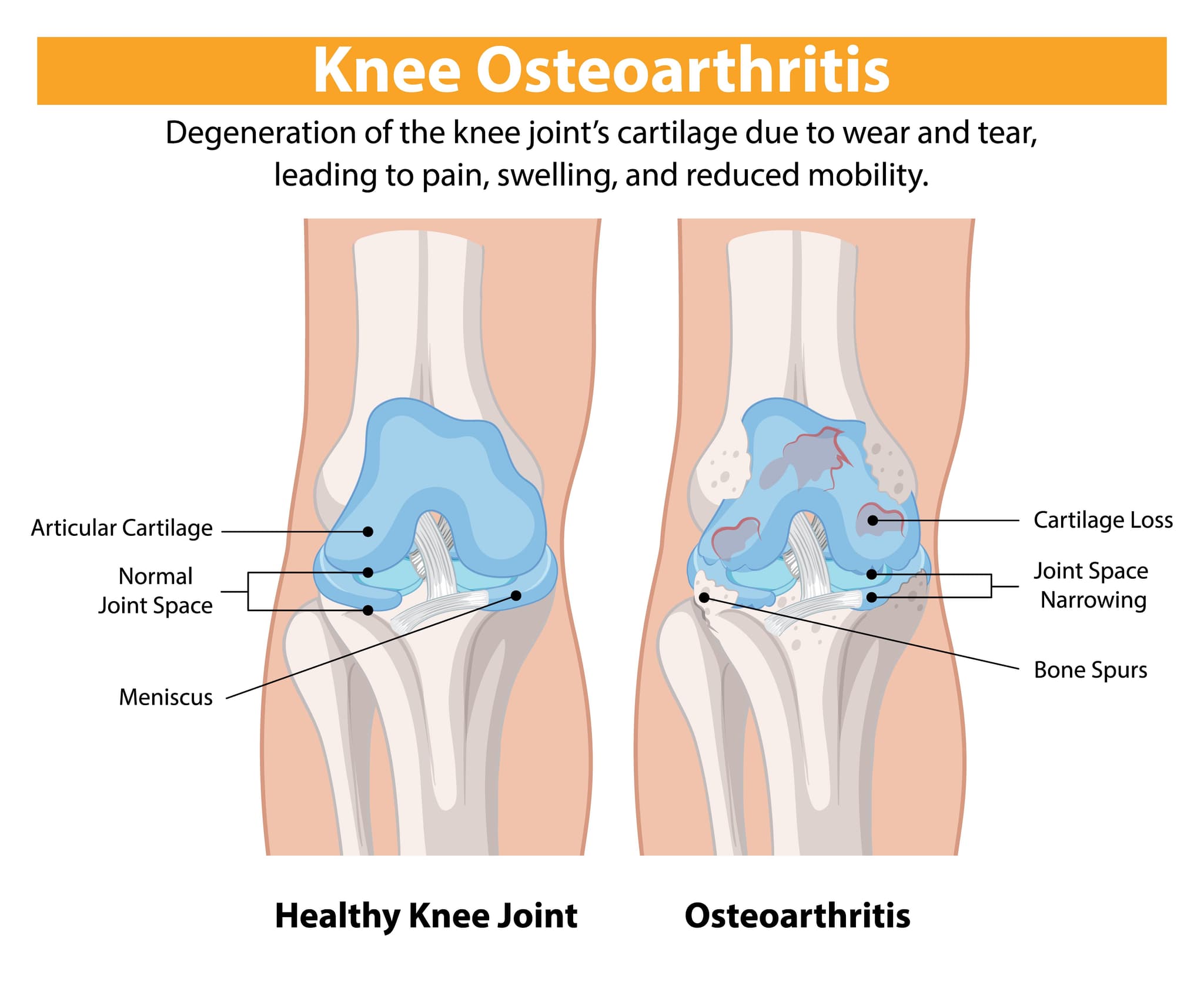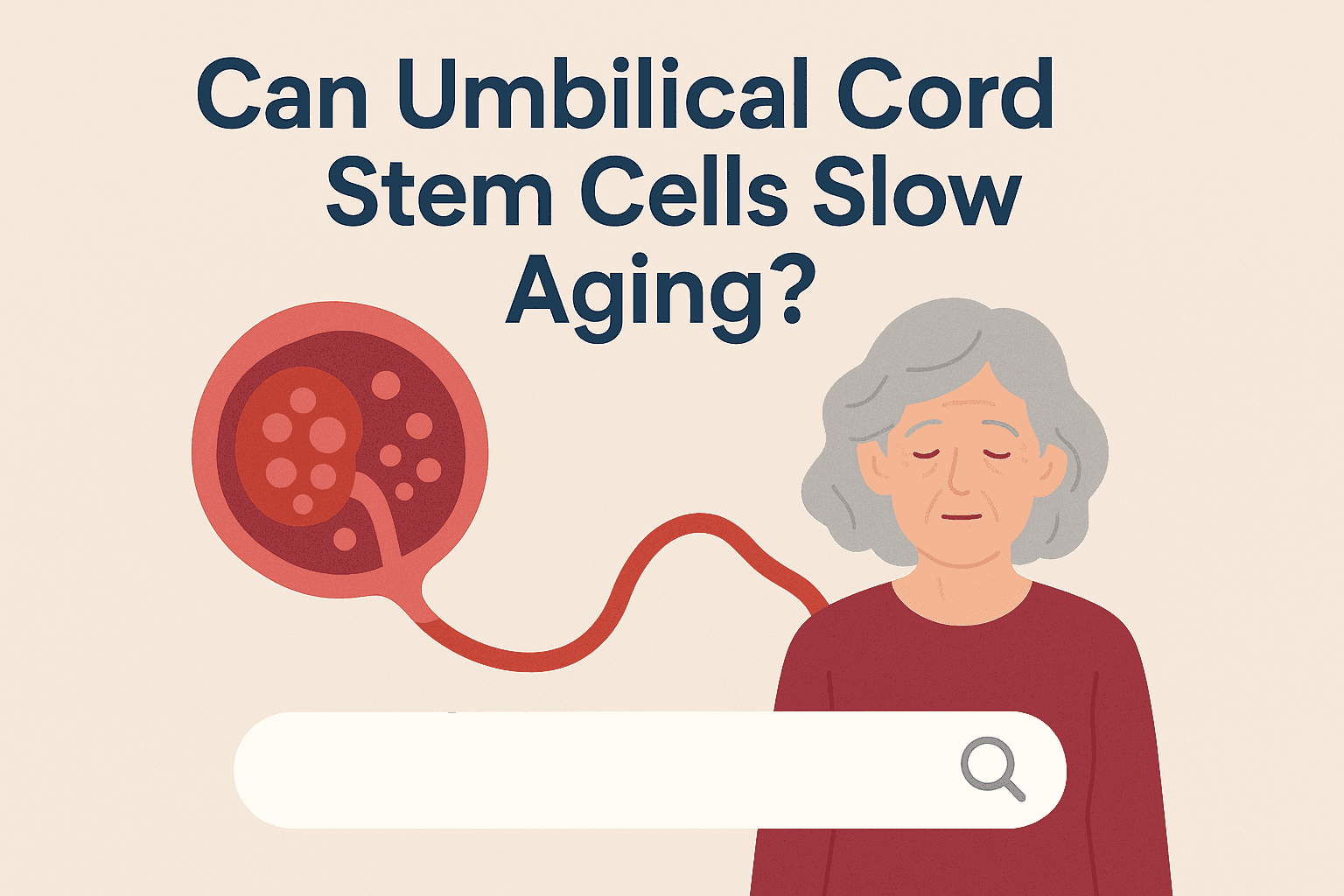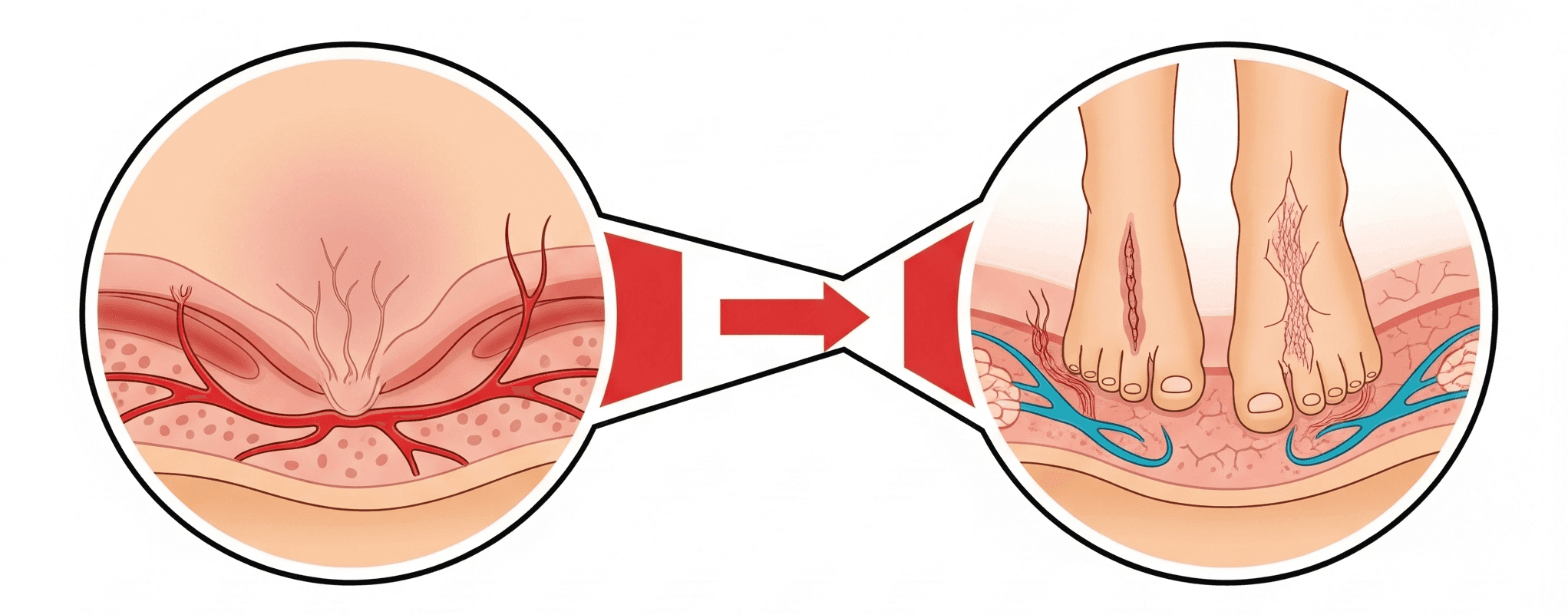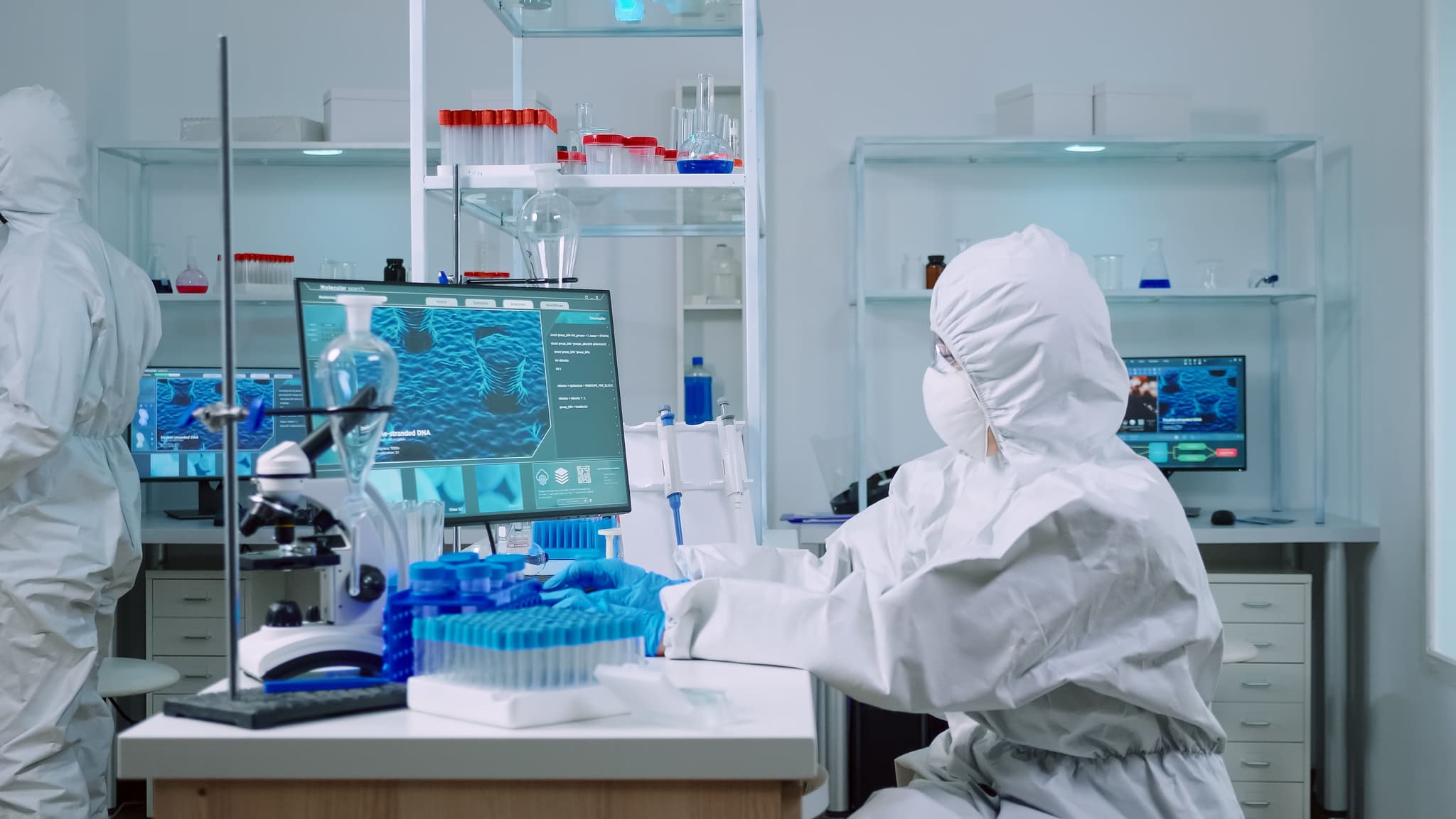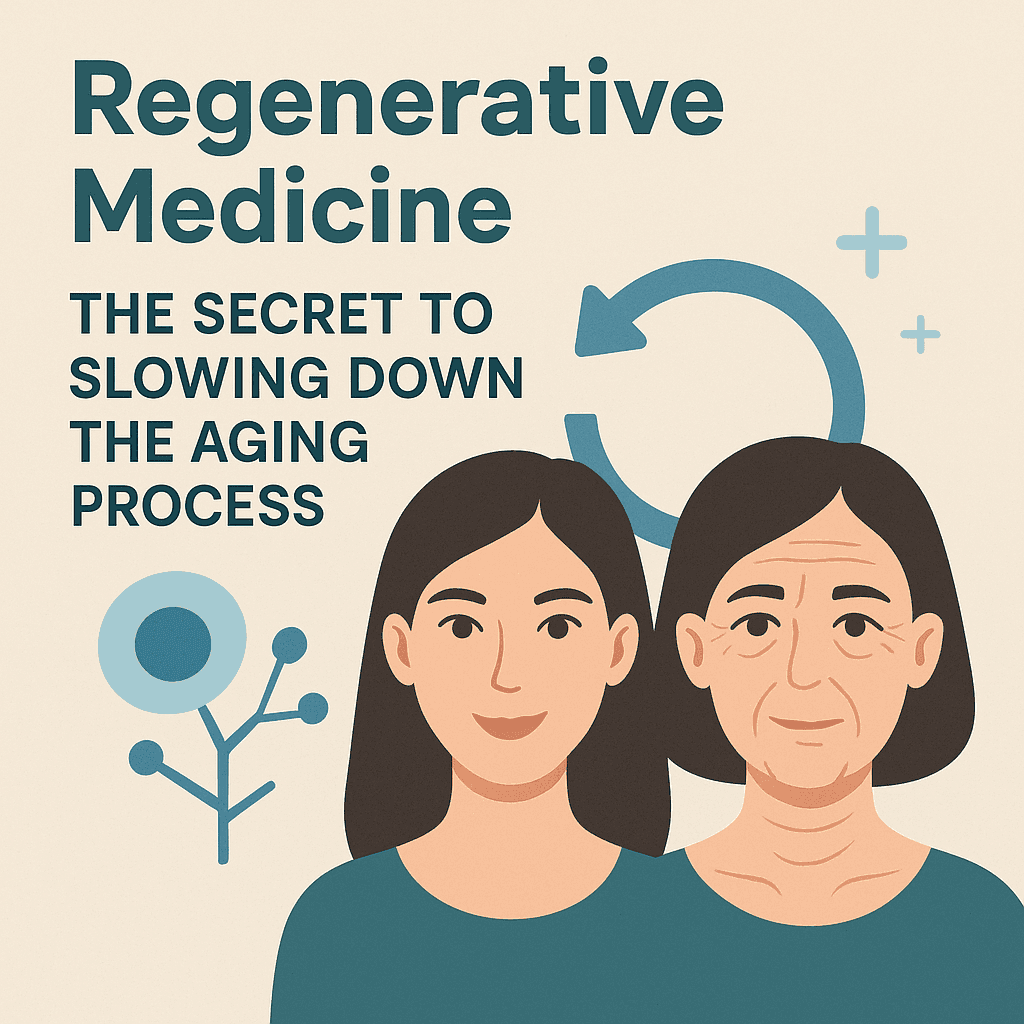
Neurological disorders, such as Parkinson’s disease, Alzheimer’s disease, multiple sclerosis, amyotrophic lateral sclerosis (ALS), and stroke, are among the most challenging conditions to treat. These diseases involve the progressive degeneration of nerve cells, leading to cognitive decline, motor dysfunction, and a loss of independence. Traditional treatments often focus on managing symptoms, but stem cell therapy, offered by Concord Stem Cell Limited—a DGDA-approved company in Dhaka, Bangladesh—offers a revolutionary approach to repairing and regenerating damaged neural tissues.
Understanding Neurological Disorders
Neurological disorders affect the brain, spinal cord, and nerves, disrupting communication within the nervous system. Common symptoms include:
These conditions are often progressive, with limited treatment options available. Stem cell therapy, however, provides hope for reversing damage and improving quality of life.
How Stem Cell Therapy Works for Neurological Disorders
Stem cells have the unique ability to differentiate into neurons and other neural cells, making them ideal for treating neurological conditions. They also release growth factors that promote neural repair and modulate the immune system to reduce inflammation.
Key Mechanisms of Stem Cell Therapy:
Applications of Stem Cell Therapy in Neurological Disorders
Stem cell therapy can replace dopamine-producing neurons, alleviating symptoms like tremors, rigidity, and bradykinesia.
Stem cells may help restore cognitive function by repairing damaged brain cells and reducing amyloid plaque buildup.
Stem cells promote the regeneration of brain tissue, improving motor and cognitive functions in stroke survivors.
Stem cells modulate the immune system, reducing inflammation and preventing further damage to the nervous system.
Stem cells offer hope for restoring mobility and sensation in patients with spinal cord damage.
Why Choose Concord Stem Cell Limited?
Concord Stem Cell Limited is a leader in stem cell therapy for neurological disorders. With DGDA approval, our cutting-edge treatments are backed by rigorous research and ethical practices. Our expert team is dedicated to providing personalized care, helping patients regain their independence and improve their quality of life.





